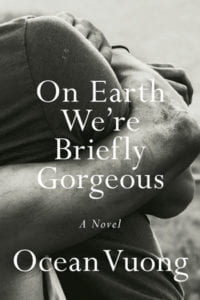“Rules for Visiting” and the Dangers of Sentimentalism
 By Paul Oliver
By Paul Oliver
May Attaway, the fastidious narrator of Jessica Francis Kane’s new novel, “Rules for Visiting,” embarks on a journey to visit four old friends after her employer, a university in small-town Anneville, awards her a long leave from her job as a groundskeeper. Contrived inciting incident and possible underlying depression aside, May faces a rather common feeling of unrest: she is having a midlife crisis.
May visits her four old friends—Lindy, Vanessa, Neera, and Rose—to avoid the people closest to her, the people to whom she should dedicate her attention. These characters include her friend Leo (a budding love interest), her father, her coworker Sue, and her estranged brother. May prefers maudlin conversations with old friends to direct ones with the people who love her. She believes that “your oldest friends can offer a glimpse of who you were from a time before you had a sense of yourself and that’s what I’m after.” (Tony Soprano would tell May that“‘Remember when’ is the lowest form of conversation.”) The thing May lacks, though, despite her contemplative nature, is a precise sense of self. She feels lonely because she doesn’t know who she is—she never recovered from her mother’s death, and Kane wants the reader to sympathize with May’s condition as a single, middle-aged woman. Only in the final pages of the novel does May begin to foster the important relationships, the perennial ones (Leo, her dad). In this sense, the novel gestures towards a restorative sentiment, but too little too late.
Lindy’s daughter tells May, “My mom says you’re sad because you’re too old to have children.” Vanessa asks May why she’s still single. Indeed, May lives alone with only a cat for a companion (well, sort-of—she lives with her ailing father in her childhood home, the same home in which her mother suffered a tragic death). She’s inept with social media. Facebook, Twitter, and Instagram bewilder her. And she’s the type of person who has a name for her car. Bonnie.


